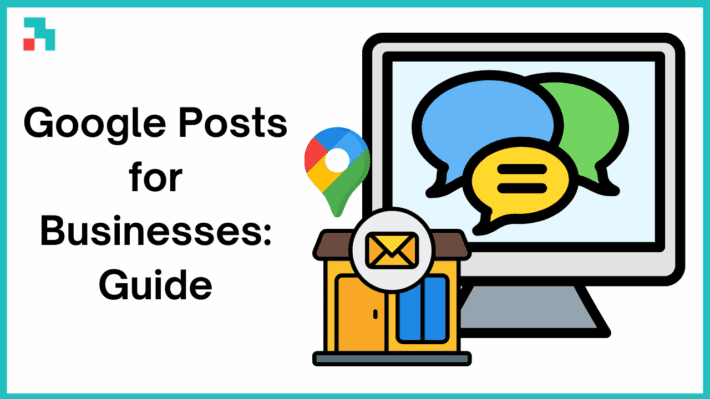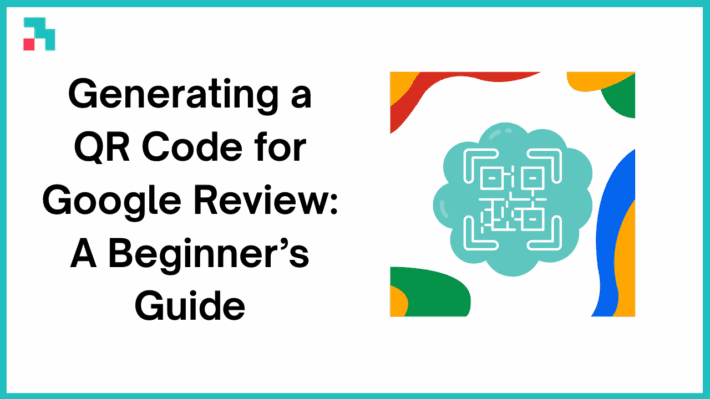How Long Does It Take to Rank on Google With Reviews and SEO in 2025? Best Answer
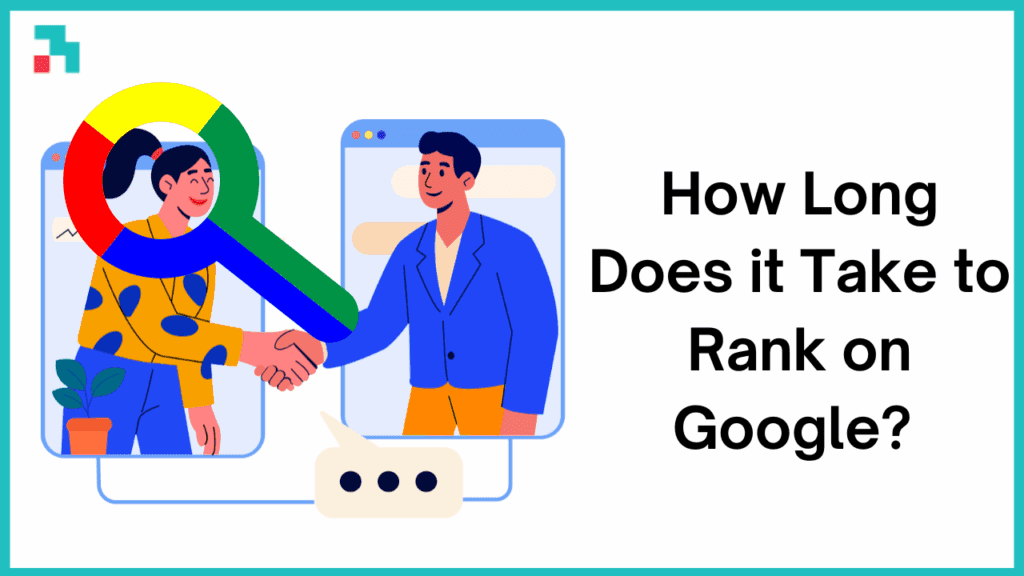
One of the most common questions business owners ask is, “How long does it take to rank on Google?”
Whether you run a local service company, a retail shop, or a professional practice, ranking high on Google is essential for traffic, leads, and revenue.
But with constant algorithm updates, more competition, and new ranking signals, it’s harder than ever to predict exact timelines.
The truth is this: there is no single answer. Most businesses see movement within a few weeks, stronger traction within one to three months, and stable rankings within three to six months.
However, some may take longer depending on competition, content quality, reviews, and how well local SEO is implemented.
This guide breaks down how long it takes to rank, the factors that matter most in 2025, and what you can do to speed up your results, especially if you want to grow with Google Reviews and local SEO.
Table of Contents
How long does it take to rank on Google?
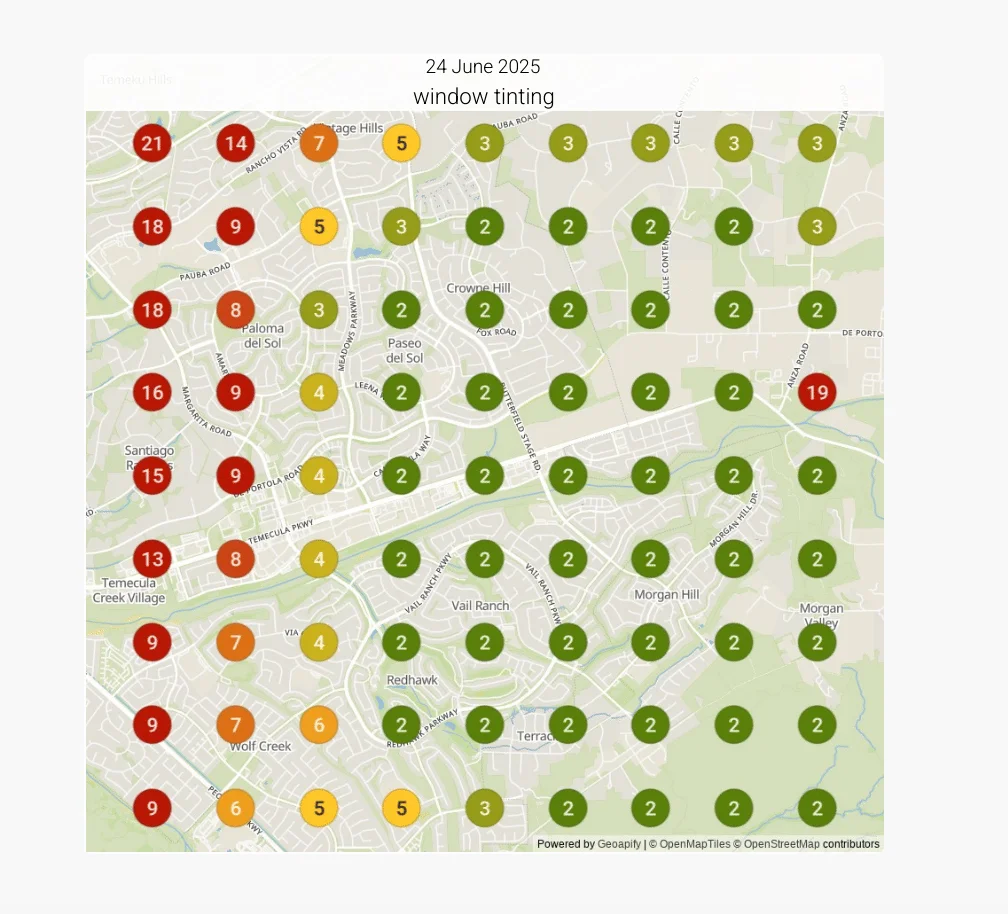
For most businesses, ranking on Google can take anywhere from a few weeks to several months.
New websites typically take longer, while established websites with steady content and reviews may move up faster.
If you’re focusing on local SEO, Google Maps, and Google Reviews, you may see results sooner since local ranking factors move faster than traditional organic SEO.
Many businesses begin seeing momentum within:
- 4–8 weeks for low-competition keywords
- 2–3 months for moderate competition
- 3–6 months for competitive local niches
- 6–12+ months for brand new domains or highly saturated markets
Your timeline depends on how much authority your site has, how optimized your Google Business Profile is, and how consistent you are with reviews and content.
Factors that affect Google’s rankings
Several factors influence how fast your business ranks online.
In 2025, Google is prioritizing user experience, local signals, real customer reviews, and topic authority more than ever.
Understanding these factors will help you know exactly what to focus on to rank as quickly as possible.
Local SEO
Local SEO impacts how you appear in the Google Map Pack and local search results.
Google looks at your business information, proximity to searchers, reviews, consistency of your listings, and local relevancy.
Businesses that complete their Google Business Profile, update photos, post regularly, and get consistent reviews often see faster ranking improvements.
Google Reviews
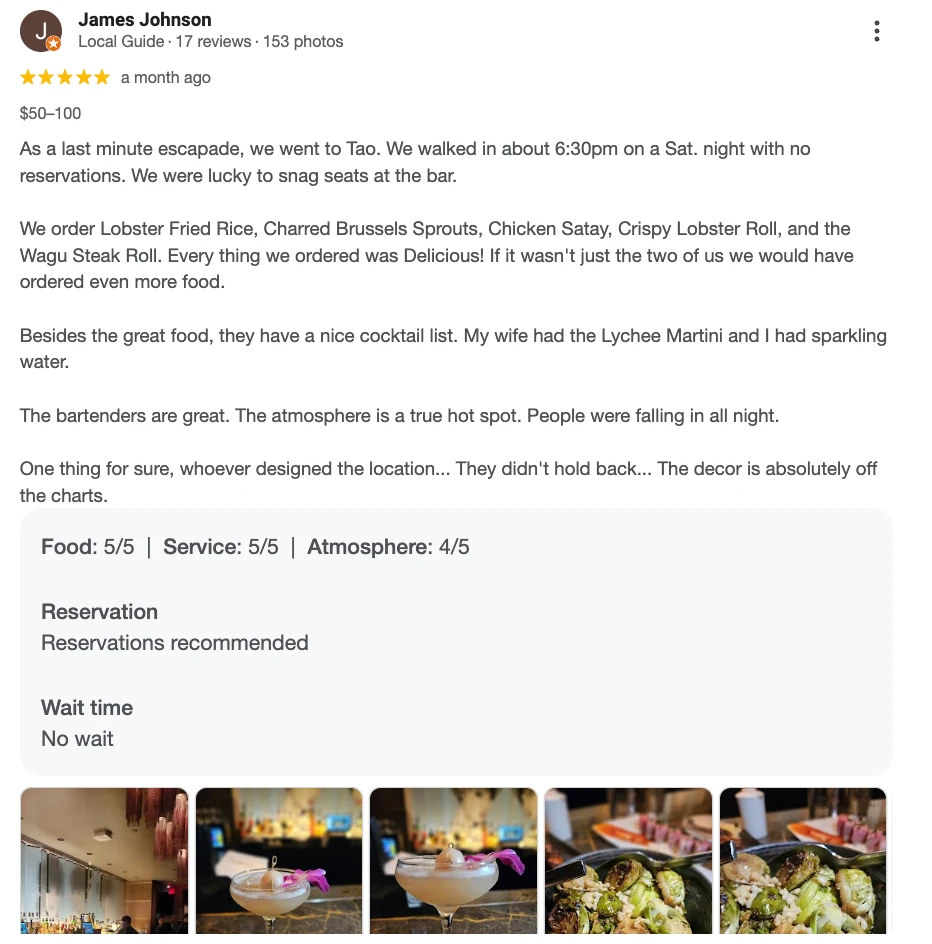
Google Reviews help new customers trust you, and they help Google understand your business better. Reviews that mention your services, location, and quality of experience help you rank faster.
Frequent reviews also send freshness signals, showing Google your business is active and relevant.
Topical authority
Topical authority means you’ve published multiple pieces of content about related topics in your niche.
When Google sees that your website consistently answers questions within one subject area, it rewards you by ranking your pages faster.
Content quality
High-quality content is content that answers questions clearly, is written for humans, uses natural keywords, and gives value.
Google is smart enough to measure how helpful your content is, and better content usually ranks sooner.
Relevance to search intent
Search intent refers to what a user wants when they type in a keyword.
If your page answers the intent better than competitors, you can outrank them even if they have more authority.
User experience (UX)
If visitors stay on your site, read your content, click around, and don’t leave right away, Google sees that as a positive signal.
Sites with higher engagement often climb faster in rankings.
Mobile-friendliness
Most searches happen on mobile devices. Google prioritizes mobile-friendly websites that load quickly and offer a smooth experience.
If your site isn’t optimized for mobile, your ranking timeline will be longer.
Backlinks
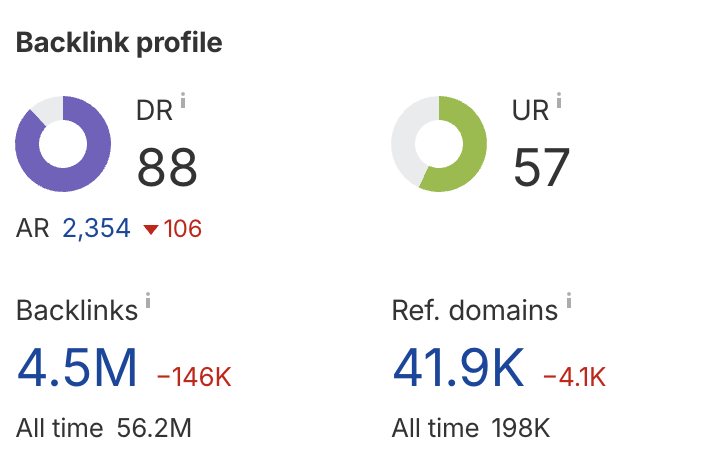
Backlinks from trustworthy websites increase your authority.
The more quality backlinks you have, the faster Google trusts and ranks your content.
On-page SEO
On-page SEO includes keywords, titles, meta descriptions, internal links, headings, and formatting.
Pages with strong on-page SEO help Google understand your content faster, which leads to quicker rankings.
How to increase your chances of ranking as soon as possible
If you want to shorten your ranking timeline, you need a strong strategy.
The good news is that businesses can speed up results by focusing on smart keyword selection, strong SEO fundamentals, and consistent content and review-building.
Target lower competition keywords
Low-competition keywords rank faster because fewer businesses are targeting them.
These keywords may have smaller search volume, but they bring higher-quality leads because they are more specific. Targeting these phrases early can help your site gain traction and authority.
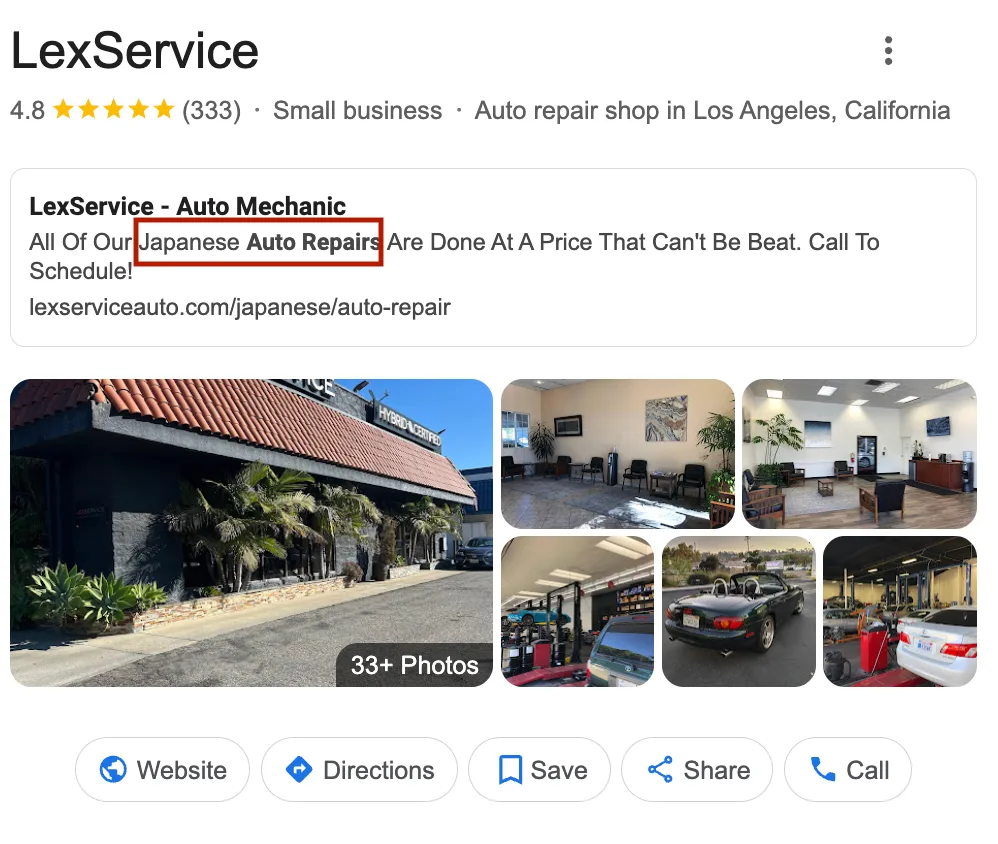
Examples include:
- “[service] near me open now”
- “[neighborhood] + [service type]”
- “best [service] for [specific need]”
These keywords often move up in a few weeks instead of months.
Master search intent
Before writing content, ask what the user really wants.
Are they looking to buy something? Compare options? Understand a process? Learn how to fix something?
When your content matches their intent perfectly, Google rewards you with faster rankings.
Create high-quality content using E-E-A-T
High-quality content is one of the most important factors for ranking quickly on Google in 2025. Google wants to show users content that is helpful, trustworthy, and created by people who actually know what they’re talking about.
To evaluate this, Google uses a framework called E-E-A-T, which stands for Experience, Expertise, Authority, and Trustworthiness.
Looking For Google Reviews? Claim your Discount Below
When your content reflects all four of these elements, Google is more confident recommending your website to searchers.
This results in faster indexing, stronger ranking signals, and better long-term performance.
Businesses that focus on E-E-A-T often rank much faster because Google can clearly see that their information is accurate, valuable, and backed by real-world experience.
It also helps build confidence with potential customers, which leads to more reviews, more engagement, and a stronger local presence.
Experience
Experience means you show that you’ve actually done what you’re talking about. Google wants to know that the advice or information you give comes from real world involvement, not theory.
This can include explaining how you’ve helped customers, sharing step-by-step processes you use in your business, or giving examples of results you’ve achieved.
When customers read content that includes real experience, they trust it more, and that trust encourages them to reach out, book, or buy.
Expertise
Expertise focuses on how knowledgeable you are in your field. Google prefers content written by someone who understands the topic deeply.
You can show expertise by using industry terminology in simple language, referencing your qualifications, or explaining complex topics in a way that’s easy to understand.
Sharing common problems and professional insights also signals to Google that you’re not just repeating generic information: you actually know your craft.
Authority
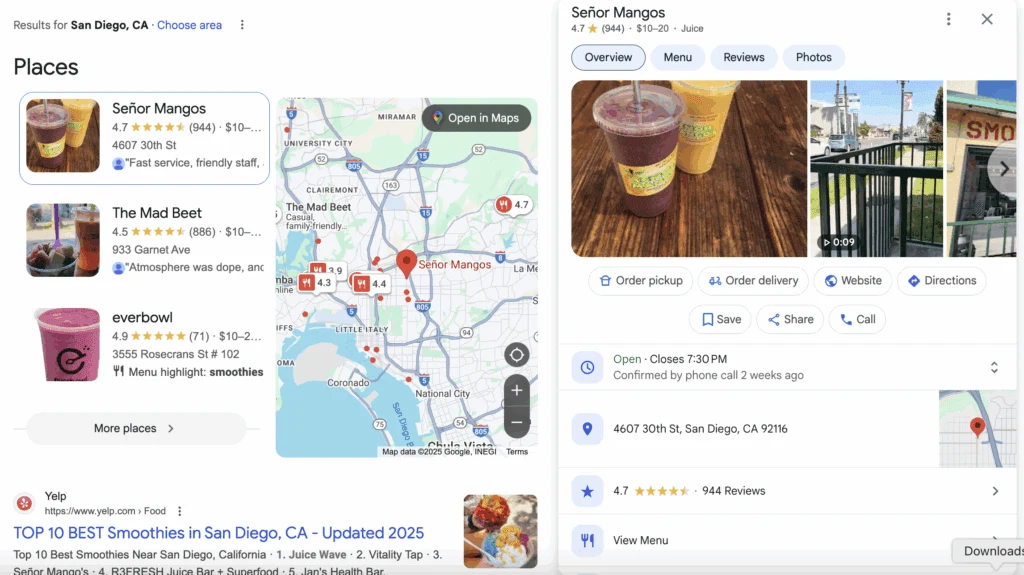
Authority is built over time. It comes from having other websites link to your content, earning mentions from industry publications, writing consistently about topics in your niche, and becoming known as a trusted local business.
The more your website covers related subjects, the more Google sees you as a reliable source.
Businesses can build authority by publishing helpful blog posts, case studies, FAQs, buying guides, and educational articles that solve real customer problems.
You should also have real Google reviews that help build authority and trust from those checking out your business.
Trustworthiness
Trustworthiness is one of the strongest ranking signals. Google wants to recommend businesses that are transparent, reliable, and safe for users.
To build trust, make sure your website is secure, your contact information is accurate, and your Google Business Profile is filled out completely.
Adding reviews, testimonials, pricing clarity, policies, and guarantees also increases trust.
When people trust your business, they stay on your website longer, engage more, and leave positive reviews: signals that help you rank even faster.
By focusing on every part of E-E-A-T, your content becomes more valuable to both customers and search engines.
When Google sees that your business provides helpful information backed by real experience, strong expertise, and trustworthy practices, your pages rise faster in search results.
This approach not only improves your SEO performance but also improves your reputation, helping you earn more reviews and more local visibility.
Build content on related topics
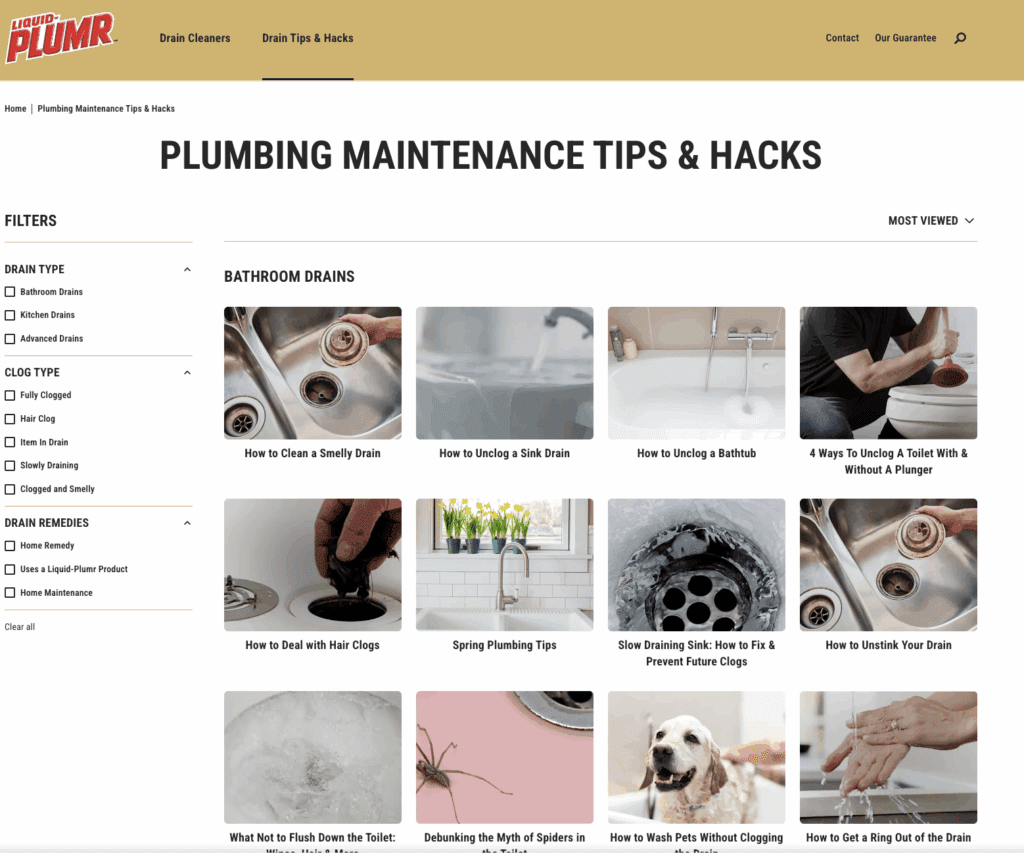
When you create several pieces of content around one subject, Google sees you as an authority.
For example, a dentist might write about teeth whitening, gum health, Invisalign, and routine cleanings. This type of cluster strategy builds topic relevance and speeds up ranking across multiple pages.
Create an internal link building strategy
Internal links help Google understand your site structure and which pages are most important. Linking related articles together distributes authority and helps new pages rank faster.
Use internal links to:
- Connect related content
- Boost new posts with authority from older posts
- Guide users through your site
When you have a strong content offering, you can easily create internal linking strategies that distribute authority.
Optimize your website for mobile search
Mobile optimization helps your rankings because Google measures how easy it is for users to view, read, and interact with content on phones.
If your site loads fast and looks great on mobile, your ranking timeline is shorter.
Seek out backlink opportunities
Backlinks build credibility. Focus on earning backlinks through partnerships, local news mentions, guest posts, supplier directories, and industry associations.
Even a few high-authority backlinks can significantly shorten the amount of time it takes for your business to rank on Google
Promoting your content in the meantime
While waiting for rankings to build, promoting your content helps speed up results by driving traffic, reviews, and engagement.
Share on social media
Social media gives your content immediate visibility. When more people click, read, and engage with your content, Google sees positive signals that support your page’s ranking.
Content performs better when you share:
- Helpful tips
- Customer reviews
- Case studies
- Short videos
- Blog summaries
Run ads to your content
Paid ads can help your content get early traction. This helps drive visits, improve engagement, and create early backlinks if people share your content.
Ads don’t directly boost rankings, but they increase the signals that support ranking growth.
Final thoughts: How long does it take to rank on Google with SEO techniques?
Ranking on Google takes time, but businesses can speed up the process by focusing on content quality, local SEO, keyword research, reviews, and user experience.
Most businesses see movement within weeks, but strong ranking positions usually take a few months of consistent effort.
The best strategy is to stay patient, keep optimizing, and focus on long-term, sustainable SEO practices. Get more Google reviews and keep building your online reputation.
If you want to rank faster, build reviews consistently, match search intent, publish better content than your competitors, and send strong local SEO signals every week.
FAQs

How to rank quickly on Google?
The fastest way to rank is to target low-competition keywords, optimize your website, build internal links, get Google reviews, and focus on local SEO.
How long does it take to a Google page ranking 2 days, 1 week, 1 month, more than 3 months?
Some pages rank in days if the competition is low and the site already has authority. Most pages take 1–3 months. Competitive topics often take 3–6 months or longer.
What is the 80/20 rule for SEO?
The 80/20 rule states that 80% of your SEO results come from 20% of your efforts. Usually, that 20% includes keyword research, strong content, reviews, and backlinks.
How long does SEO take to kick in?
SEO usually takes 6–12 weeks to show noticeable results and 3–6 months to achieve stable rankings, depending on competition and content quality.

